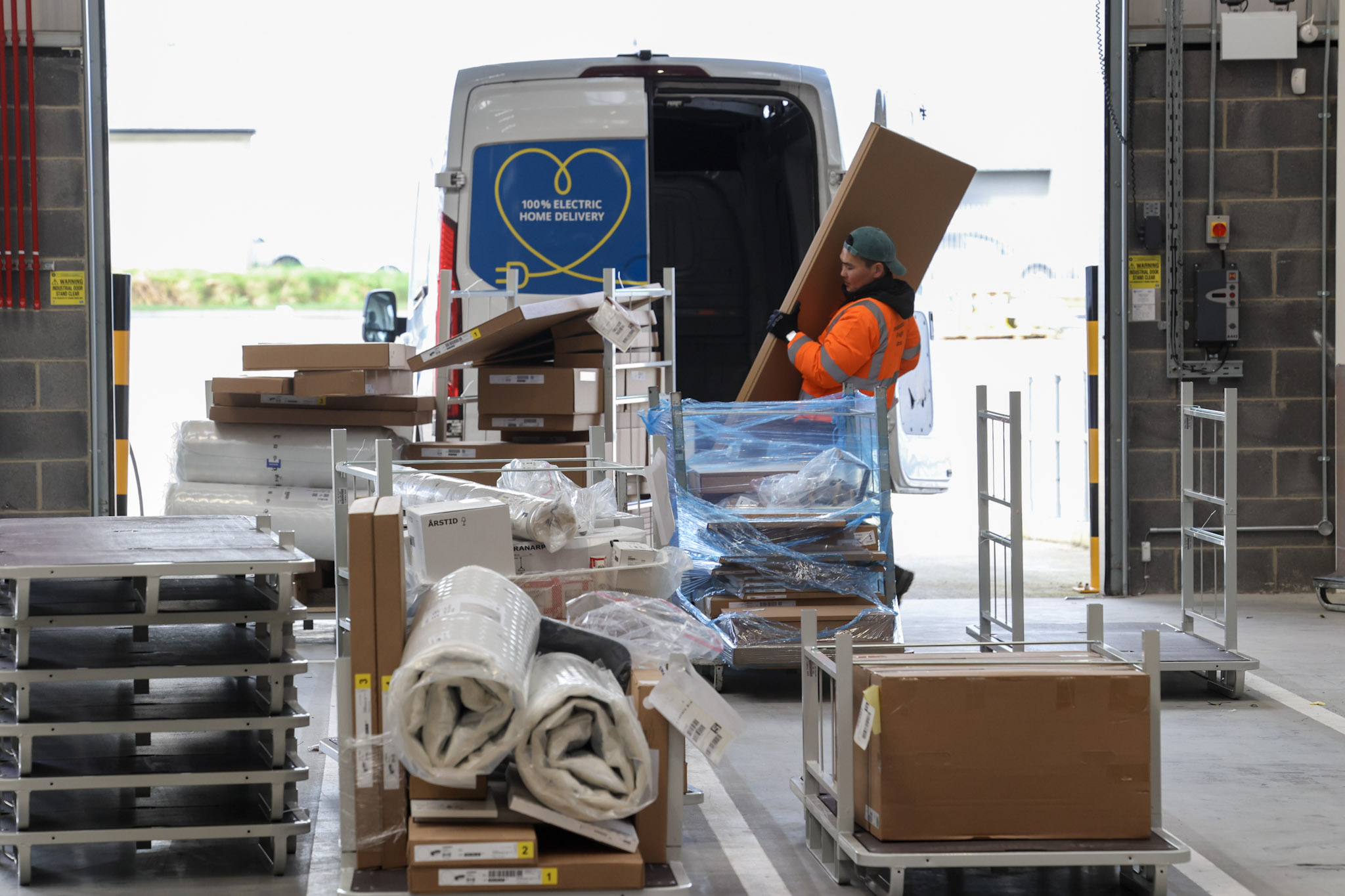Whether you think the UK would be better off leaving the EU or remaining part of it, it would be hard to argue the 23 June referendum on the matter isn’t one of the bigger issues facing the country right now.
Earlier today, we published a guest-authored article from Craig Sears-Black, managing director of Manhattan Associates. In the article, Sears-Black puts forward the opinion that one of the key concerns for the retail sector at large is that of the supply of labour; the collective retail sector in the UK is an enormous employer – one that routinely struggles to fill all its vacancies.
We’ve been contacted by other readers too, and here are some of the opinions that have been shared with us on the subject.
Stuart Rivett, managing director at B2C Europe:
“I think it is unlikely that UK retailers’ ability to trade within Europe will be affected whatever the referendum result. Many UK retailers have already established themselves and have a strong customer base across Europe; ASOS is a good example of one such retailer. If the UK were to leave the EU, UK retailers may see additional customs charges but this should not be a problem for most.
“Delivery from the UK may initially be slightly slower due to customs checks at the borders (in the event of a ‘leave’ vote). These additional processes may also marginally increase the cost. In order to reduce costs, UK retailers should work with suppliers that have a local presence within various European countries. This means that international orders can be shipped through these carriers using domestic delivery solutions to lessen the cost and increase access to different countries.
Patrick Gallagher, CEO of CitySprint:
“For the past three years, we have been charting the highs and lows of the UK’s SMEs in our annual survey of decision-makers and owners of smaller businesses. This year, the message from the UK’s SMEs is that they want the highly disruptive issue of the UK’s position in the EU sorted out – and quickly.
“The next hurdle for SMEs is understanding what impact an exit from the EU could have on their growth. Well over a quarter – some 1.45m SMEs in the UK – say they are looking to grow internationally this year. This is up from just a million in 2014.
“With potential for SMEs’ ambitious international trade and export plans to be curbed with an exit from the EU, it is vital that SMEs are reconsidering their partnerships and building new networks overseas now. Forming international relationships can be mutually beneficial and help smaller businesses successfully enter new markets whilst sharing the costs and risks involved in doing so.’”
Ian Tomlinson, founder and CEO of Cybertill:
“One of the consequences (of leaving) will be a weaker pound against the US dollar and Euro, which will make it more expensive to sell goods in the EU and that won’t be good for retailers.
“As most goods from the Far East are traded in US dollars, this will make it more expensive to buy the raw materials and manufactured products which will lead to higher costs that need to be passed on to UK consumers and coupled with potential export tariffs to the EU will be a double whammy as retailers would be potentially hit at both ends.
“As a business with a lot of retail connections, most people I speak to think it’s a really daft idea to leave the EU as the benefits of free trade and movement of goods and people out-weigh any potential negatives.
“Many vendors have EMEA offices and distribution centres in mainland Europe, but those located in the UK could very easily make the decision to relocate, so they are within the EU. US vendors might relocate their EMEA head offices to the continent, leaving a smaller footprint in the UK. That said, the UK economy is the sixth largest in the world, and with our economy growing and the EU stagnating you may see a staged withdrawal until the EU is growing again. A Brexit would weaken the UK’s political clout with the US as it would not be in a position to affect and direct EU policy.
“I would like to hear more facts and less emotion. It would be useful to have the facts from an independent organisation on the impact to the economy that has no political agenda. I really hope the British public vote to stay in the EU.
“(There would be) a negative effect on jobs as a Brexit will cause the economy to shrink with the increased costs of doing business … I think that it will be very detrimental to the UK economy, its position in the world and its relationship with the USA.”
Mike Danby, CEO, Advanced Supply Chain:
“The benefits offered by our EU membership are a significant factor in attracting global multinational companies to establish offices and manufacturing bases in the UK. If the result of the referendum in June means we leave the EU, this will impact the British economy as it will struggle to attract inward investment. The country will also suffer through loss of business with existing customers in Europe, who will naturally feel shunned by our decision to leave, and more inclined to trade with companies from EU member countries.
“It is difficult to predict exactly how UK companies trading across European borders will be affected if we leave. This depends on the way the rules will change. Given that stronger border control is one of the main selling points of the ‘leave’ campaign, it is reasonable to assume there will be implications for cross-border trade.
“There is no doubt the UK will survive outside the EU, but it will be tougher for companies to prosper. It seems we would be throwing away a lot of advantages, particularly now the UK is establishing a lead position in the argument for more EU reform. The combined countries of the EU are collectively big enough to influence world trade, finance and environmental issues. The UK on its own would struggle to bring such influence to bear and we would be forced to accept whatever the other global economies impose on us.
“So far the information coming from both the ‘stay’ and ‘leave’ campaigners is in some ways confusing and possibly misleading. More details from the Government on budget implications and some predictions from the Bank of England on the economy, jobs and living standards would be very useful. Basically what we need now is more light and less heat!”
If you would like to share your views on this topic, you can email our editor, Sean Fleming here.









